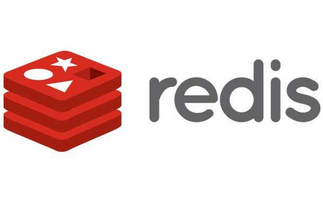Portland Project releases beta version of its programming interfaces to boost development of desktop Linux apps
The Portland Project has released a beta version of its programming interfaces for the Gnome and KDE Linux environments. This is designed to boost development of desktop Linux applications by creat...
To continue reading this article...
Join Computing
- Unlimited access to real-time news, analysis and opinion from the technology industry
- Receive important and breaking news in our daily newsletter
- Be the first to hear about our events and awards programmes
- Join live member only interviews with IT leaders at the ‘IT Lounge’; your chance to ask your burning tech questions and have them answered
- Access to the Computing Delta hub providing market intelligence and research
- Receive our members-only newsletter with exclusive opinion pieces from senior IT Leaders

















